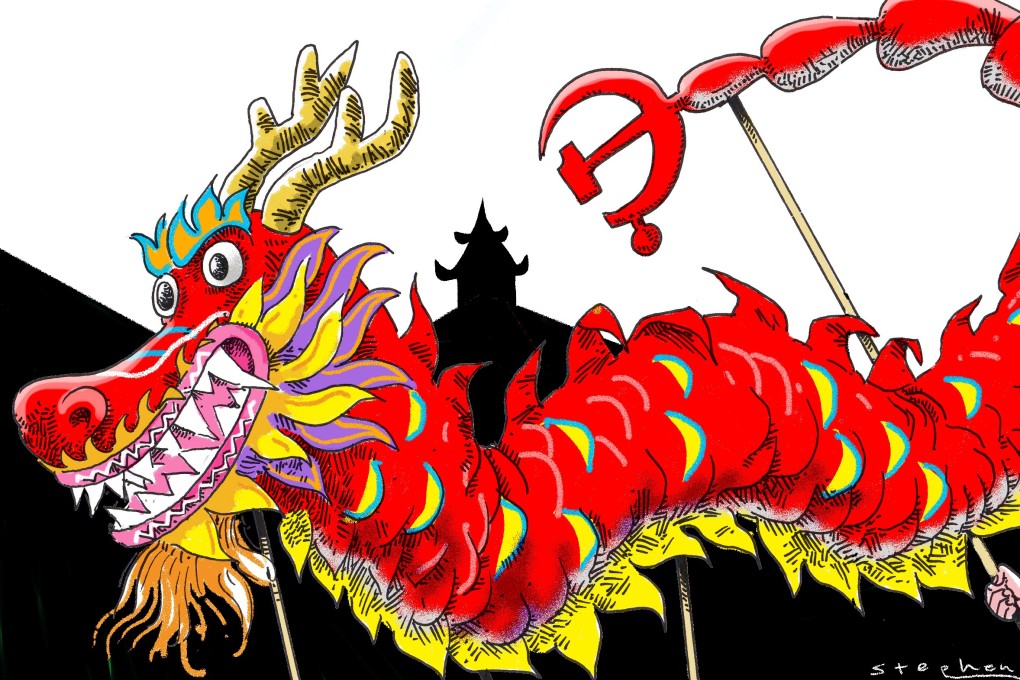Advertisement
Opinion | America’s quarrel is not with Chinese civilisation, but the Chinese Communist Party
- Xi Jinping may have provided more ammunition for Washington by hosting a conference on Asian civilisations. But US policymakers are off the mark – they are confusing a threat from the Communist Party with a threat from Chinese culture
Reading Time:4 minutes
Why you can trust SCMP

Are civilisations destined to clash? Not if you ask Xi Jinping. At the Conference on Dialogue of Asian Civilisations in Beijing on May 15, the Chinese President told delegates from 47 countries: “It is stupid to believe that one’s race and civilisation are superior to others, and it is disastrous to wilfully reshape or even replace other civilisations.” It was a veiled rebuke of the United States State Department’s director of policy planning, Kiron Skinner, who recently defined relations with China as “a fight with a really different civilisation”.
Advertisement
Skinner’s speech also drew criticism from US public opinion. If the US is really framing its China policy on the basis of a “clash of civilisations”, the situation between the two countries might become more serious and dangerous than the cold war between the US and the Soviet Union.
In this day and age, it’s extremely politically incorrect to regard state-to-state relations as a clash of civilisations or even races. Nonetheless, for these words to come from the mouth of a US State Department official is not surprising. The question is whether this is her personal opinion, a consensus among US policymakers, or a reflection of US President Donald Trump’s views on China.
There are many who feel a clash between the American and Chinese civilisations is unacceptable and impossible, but I am less optimistic. I think Skinner’s presupposition is likely to inadvertently come true in the near future.
Advertisement
Skinner’s words have been linked to political scientist Samuel Huntington’s theory of the clash of civilisations. In Huntington’s view, conflicts in the post-cold-war world would be cultural, rather than ideological and economic. Although nation-states would remain the most powerful players in world affairs, conflicts between groups from different civilisations would dominate global politics and fault lines between different civilisations would become war zones. Huntington believed that the Christian civilisation could clash with the Islamic and the Confucian civilisations.

Advertisement
